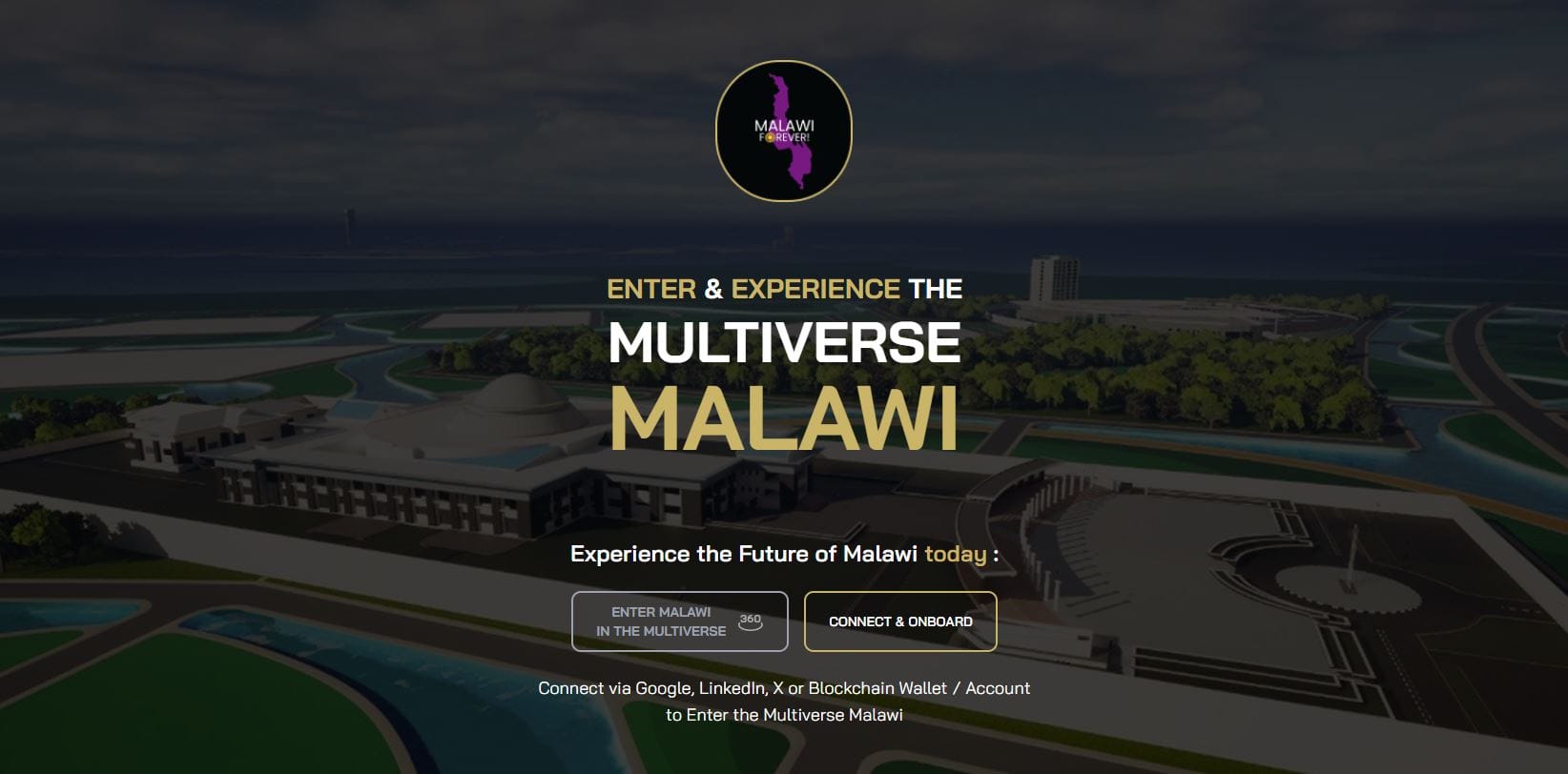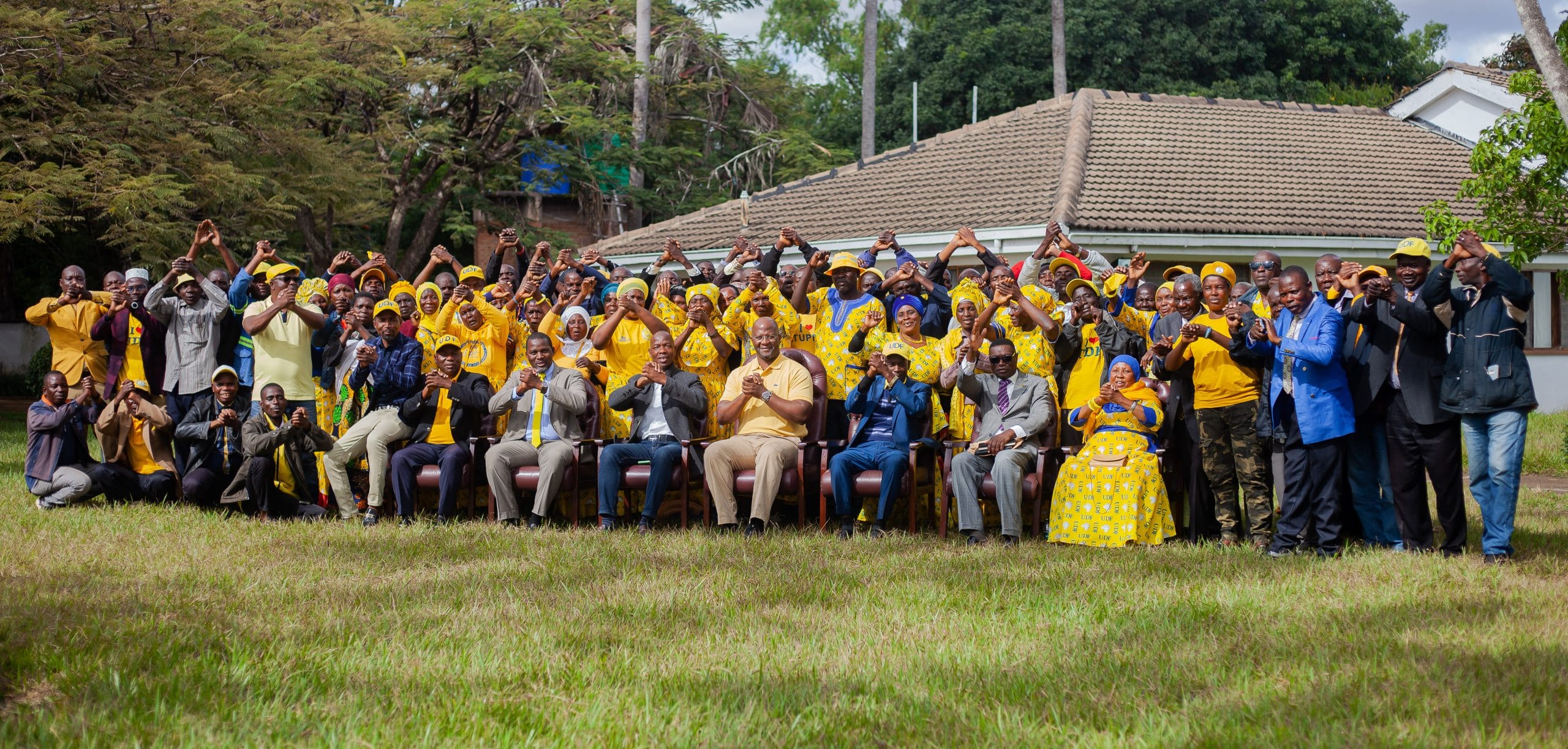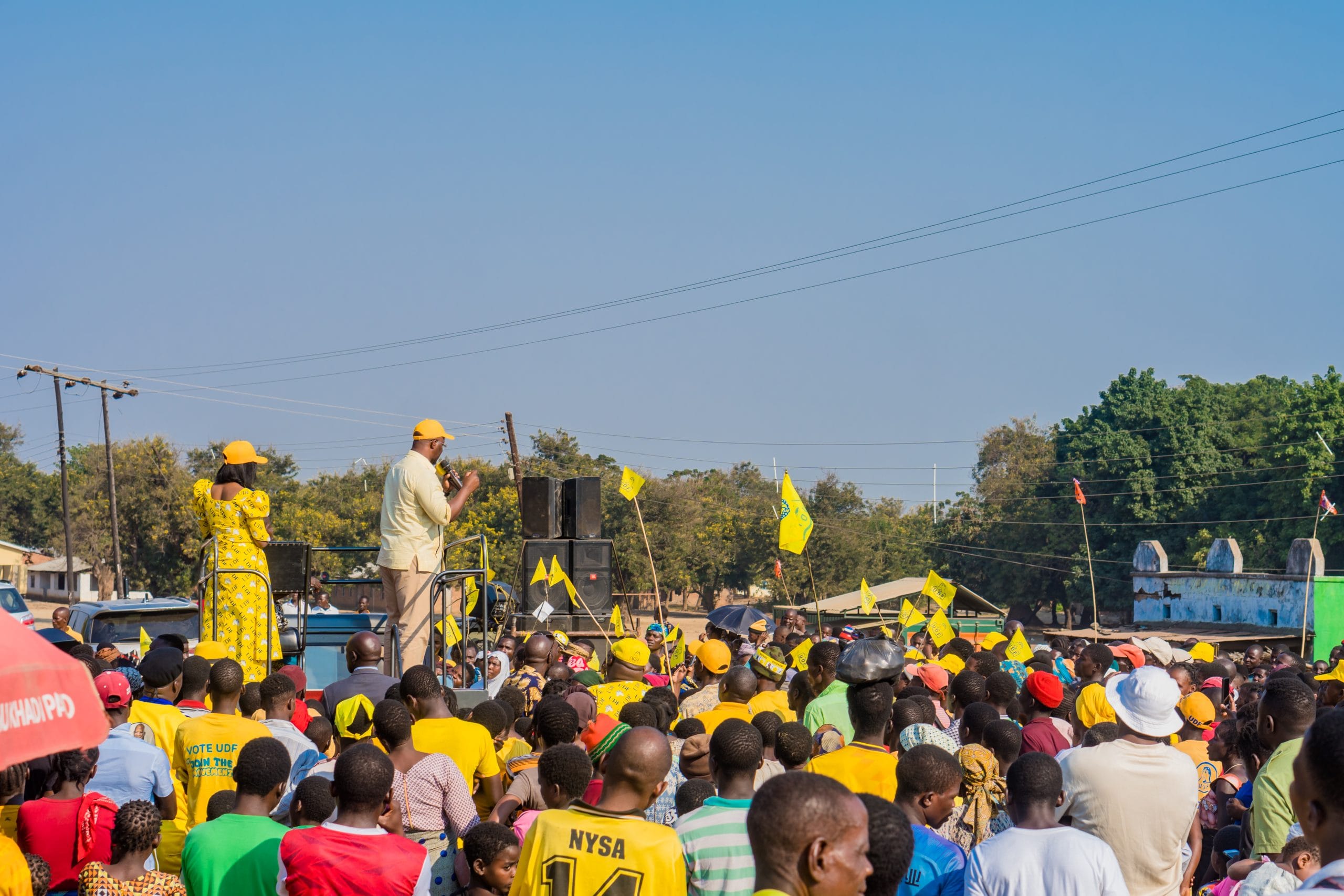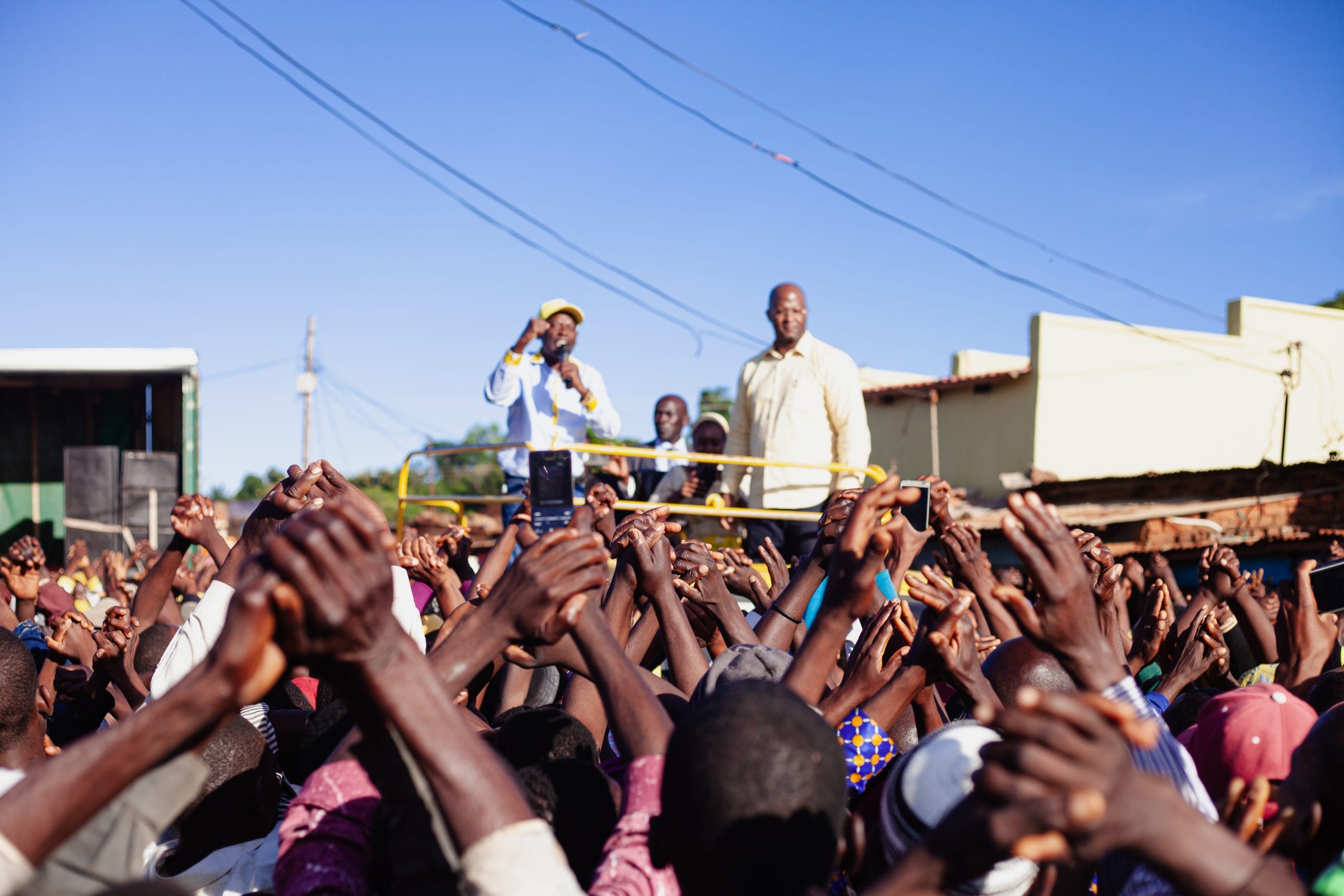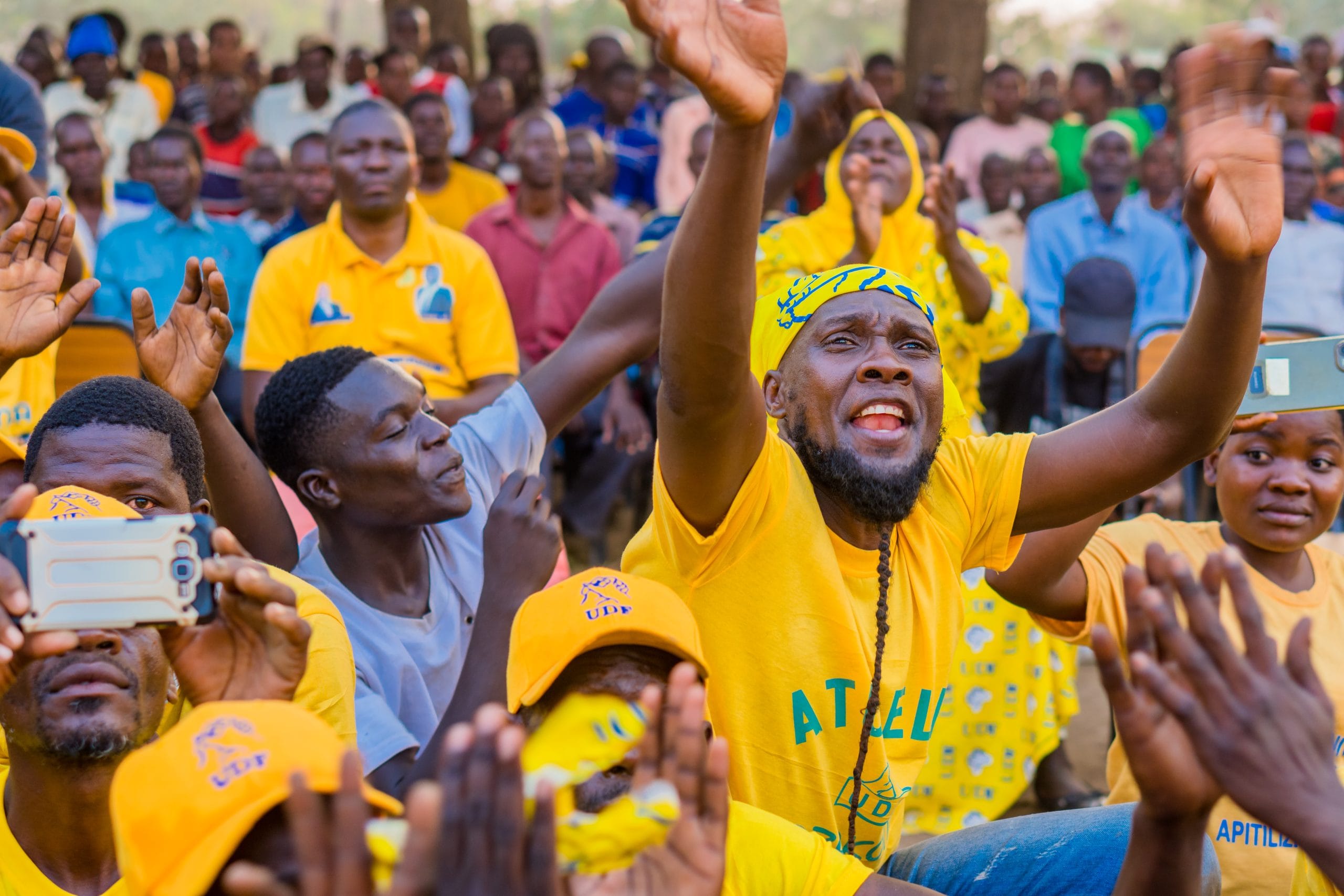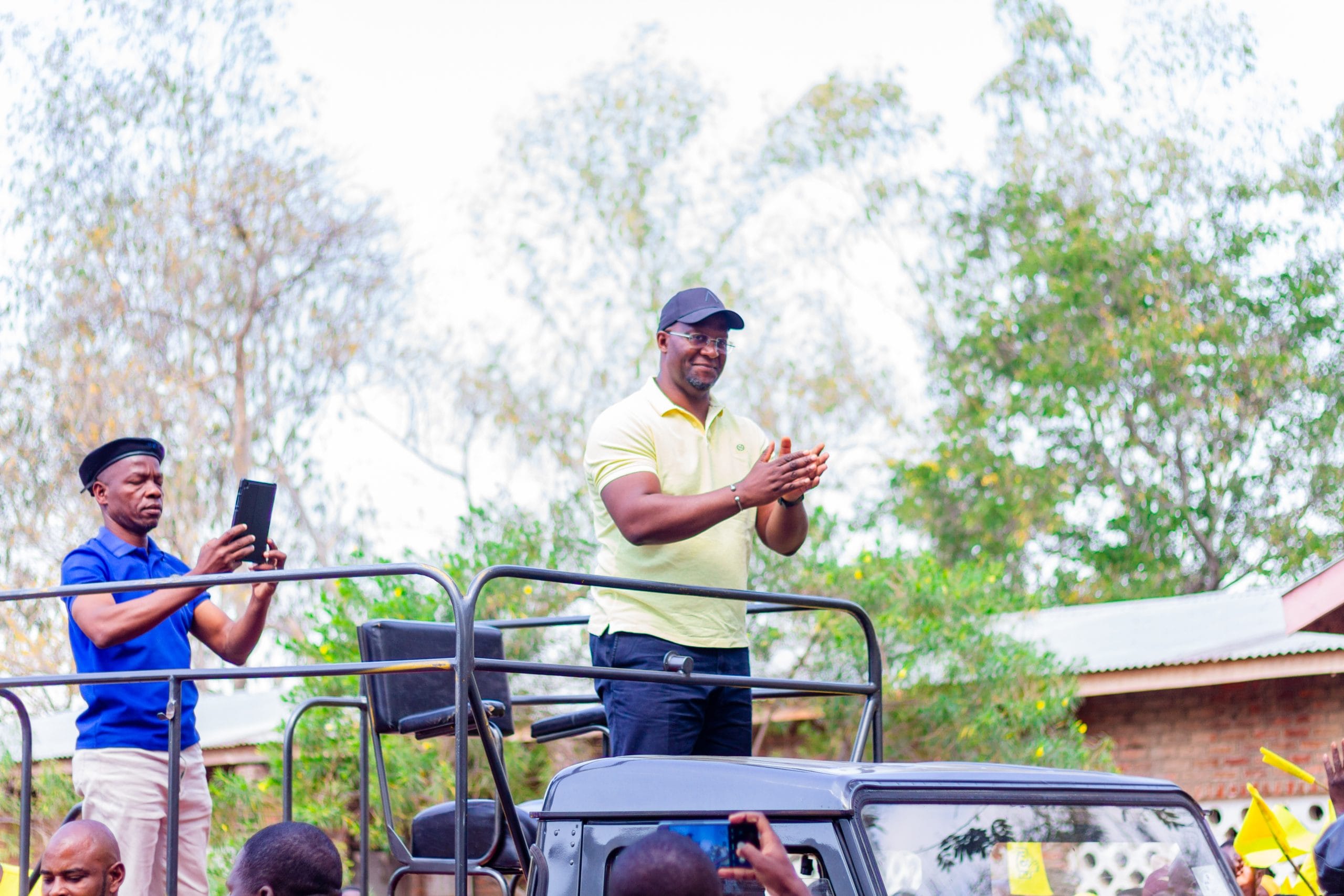Malawi at a Crossroads: Why Change Cannot Wait
- Jeffrey Smith
- August 22, 2025
Malawi stands at one of the most pivotal moments in its history. The recent Pre-Polling Analysis of Voter Behaviour and Electoral Dynamics by the South African Institute of International Affairs paints a sobering picture of a nation in crisis, but also reveals a path forward through bold leadership and pragmatic solutions.
The Depth of Malawi’s Crisis
The findings leave no room for complacency:
- 92% of Malawians describe current economic conditions as poor or very poor.
- 86% of households faced food shortages last year, with over half saying they went without meals “many times” or “always.”
- Only 14% of households can count on consistent food security.
These are not abstract statistics. They represent children going to bed hungry, families unable to afford medicine, and communities struggling with empty water buckets.
Healthcare is collapsing, with 66% of families going without treatment due to shortages, and 71% rating the system as poor. Basic services have eroded, as 52% lacked clean water in the last year.
The crisis of governance is just as severe: public confidence in the Malawi Electoral Commission has fallen to 22%, while trust in vote counting sits at just 28%. This institutional collapse deepens the sense of despair — 94% of Malawians believe the country is moving in the wrong direction, the highest dissatisfaction ever recorded.
A Nation Ready for Change
Yet within this despair lies a shift. 81% of Malawians blame worsening conditions on economic mismanagement, and survival now outweighs old patterns of ethnic loyalty. Voters are demanding leaders who can deliver tangible solutions.
That demand is fueling new energy around Hon. Atupele Muluzi and the United Democratic Front (UDF).
Why Malawians are Turning to Atupele Muluzi and UDF
The polling data is clear:
- Youth power: Among first-time voters (ages 18-24), UDF leads with 47%, a commanding 26-point edge over its nearest rival. With 1.2 million new youth voters, this is a generational force for change.
- Anti-corruption leadership: 85% of Malawians identify Atupele as the anti-corruption candidate — higher than any other contender.
- Confidence in leadership: 69% see him as a strong leader, while 94% express confidence in his physical capacity to serve — a critical advantage as other candidates face health questions.
- Regional dominance: UDF is overwhelming in the Eastern Region (78% support) and competitive in the Southern Region (28%), with momentum nationally.
- Coalition strength: UDF is the most preferred partner for coalition-building, positioning it as the center of a potential stable and inclusive government.
Strategically, UDF’s campaign has struck a chord. Its focus on economic recovery (73%), anti-corruption (68%), and youth empowerment (61%) mirrors the very priorities Malawians say matter most.
The Business First Plan: From Despair to Prosperity
What makes UDF’s platform distinct is its Business First Plan — a concrete strategy to move Malawi away from aid dependency and toward growth through:
- Unlocking rare earth minerals to fuel investment and jobs.
- Expanding renewable energy to power homes, industries, and communities sustainably.
- Digitizing the economy with blockchain and fintech innovations that empower youth and attract global investment.
- Restoring integrity in governance through accountability, transparency, and anti-corruption reforms.
This is not just a manifesto; it is a roadmap to restore hope and dignity to millions.
Why This Moment Matters
With 94% of citizens saying Malawi is going in the wrong direction, the need for change could not be clearer. For the first time in a generation, Malawians are prioritizing survival and pragmatic solutions over old divides.
And in that search, they are turning to a next-generation leader: Atupele Muluzi. With broad youth appeal, anti-corruption credibility, and coalition-building strength, he represents the possibility of a stable, inclusive, and thriving Malawi.
Malawi cannot afford another five years of decline. The polling data is not just numbers on a page — it is a plea from millions for leadership that listens, acts, and delivers.
The choice is stark but hopeful: remain trapped in crisis, or choose a path that puts Business First, People First, Malawi First.
At Movement for Change, we believe the evidence is overwhelming: the time for change is now, and the leadership Malawi needs is ready.

